Over 10% of the world’s population suffer from migraines, most commonly among those aged 20-50 years old. In an effort to help these individuals cope with this affliction, IceBeanie was born; a cold therapy hat manufacturing company presented in episode 13 of Shark Tank season 12.
After pitching his idea on the show, founder Nic Lamb sought $ 50K for a 20% stake in his business – hoping to make living easier for migraine sufferers across the globe.
In this blog post, we will be discussing the success of IceBeanie after appearing on Shark Tank. This innovative company created a product that keeps your head and ears warm in cold weather, and they were looking for funding from the sharks to help take their business to the next level.
Unfortunately, they were not able to secure a deal with any of the sharks, but that has not stopped them from succeeding. In this blog post, we will discuss how they have grown their business and what you can learn from their experience.
What Is IceBeanie?
It is not possible that you can hold the ice pack for a long time because it gradually starts to become frustrating.
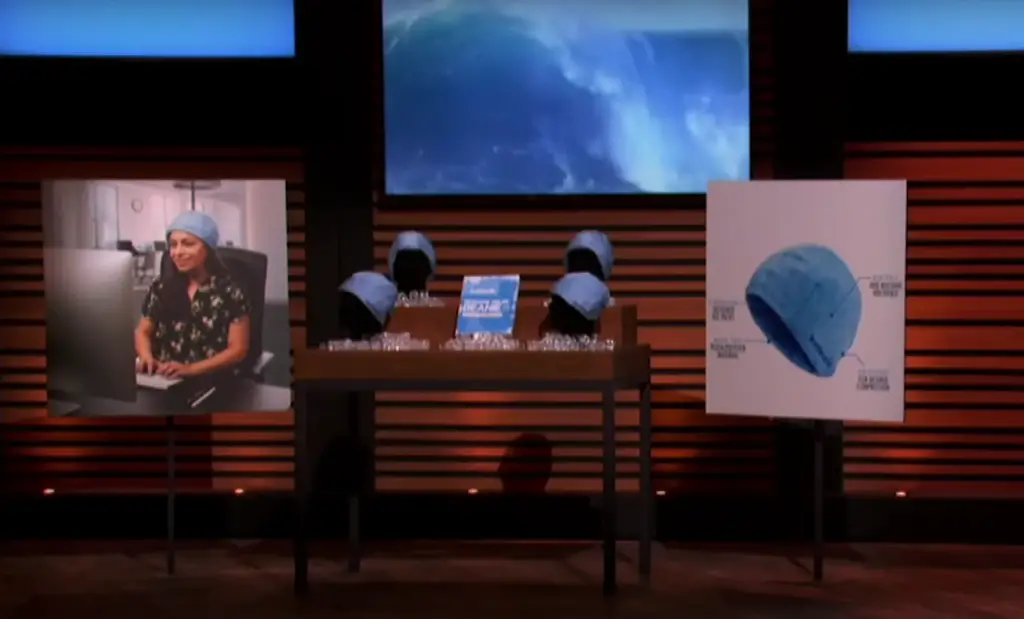
The solution to this problem is this IceBeanie hat, it makes the migraine pain work perfectly. If you have got sports-related injuries on your head and it is giving pain, through this you get relief for some time.
Before using this hat, keep it in the fridge and freezer for 45 minutes, after that you will be able to do it. This product is designed using soft microfiber polyester with acupressure-designed gel packs. It stretches and fits comfortably for any shaped head.
Who Is The Founder Of IceBeanie?
IceBeanie was founded in 2017 by Nic Lamb after he had an accident, resulting in a concussion. Nic Lamb is a prime surfer; he travels around the world in search of the biggest waves. In 2016, Nic traveled to Portugal to master Nazaré, the biggest wave worldwide. While attempting to take on the wave, Nic ends up wiping out. He suffered from a concussion, which eventually led to terrible migraines [2].
While recovering from his concussion, Nic used ice packs to relieve the migraines; however, he often found himself frustrated with holding the packs up. From then on, he started brainstorming ideas and came up with an easier and more effective alternative. Knowing how beneficial compression and the coldness of the ice packs had helped his pain, he decided to combine the two, creating the IceBeanie.
After using the IceBeanie himself and seeing how successful the product was, Nic developed his first prototype at the beginning of 2020. Shortly after, he started successfully selling the beanies online.
But how does it work? Many studies have shown that coldness is highly beneficial for many things; fevers, migraines, hangovers, etc. When the gel packs are frozen, the coldness basically takes over, making you focus more on the cold than the pain. While the IceBeanie is practically tricking you in this way, it’s also working to reduce inflammation and swelling within the painful area.
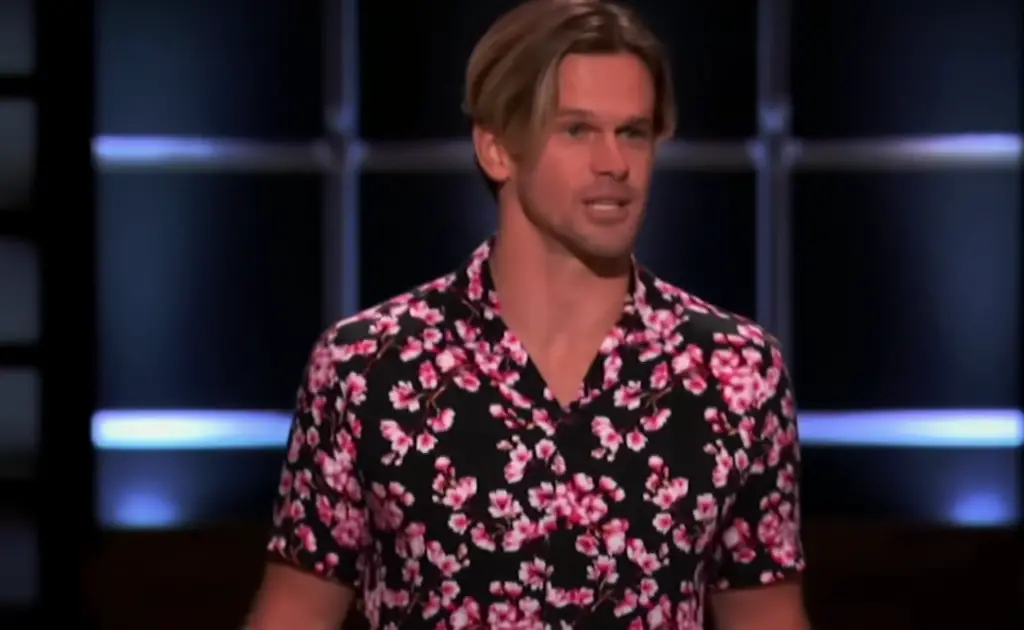
Since the launch of his product, Nic has made about $ 100,000 in sales. He’s proud of his product as it has helped him tremendously with his migraines so that he can continue his surfing legacy. He believes, with the number of people who suffer from migraines, the IceBeanie will become a popular item. However, wanting to make sure of that belief, he decided it was time to dive deeper. At this time, Nic’s goal was to appear on Shark Tank and secure an investment with a shark.
IceBeanie Before Shark Tank
This cold therapy has been going on for a long time to make the Headaches work easily. But the product cold therapy has been represented in a new design [3].
When Lamb was surfing in Nazare, Portugal, a large wave came and he slipped into it and went 70 feet inside the wave. Because of this, he had a serious concussion.
After a few months of this accident, Lamb started having a lot of migraine headaches. To get relief from this pain, he used ice packs, due to which this product has been ready today.
Dr. James Arnott made this mixture of ice and salt to treat Headaches. There was some evidence from the time of the Ancient Egyptians that cold was used to reduce pain.
Founder Lamb is the ambassador of the International Organization Princess Charlene of Monaco Foundation.
This cold therapy is one way to get relief from headaches. Apart from cold therapy, there are many other methods through which headaches can be reduced.
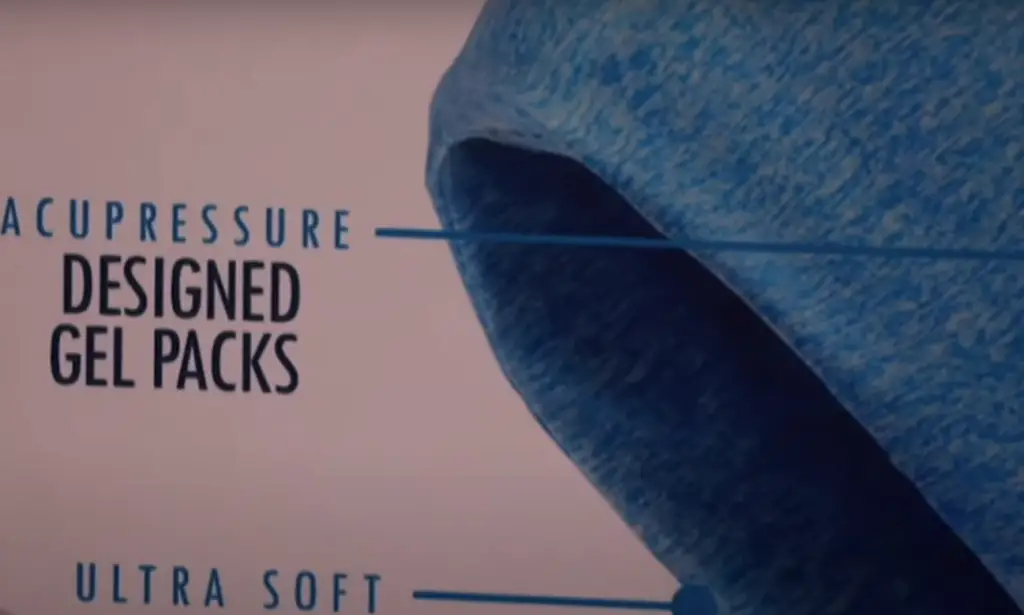
If you do this Sleep 8-9 Hours, Direct Morning Sunlight, Drink 1-2 full glasses of purified water, Meditation Mindfulness Practice, Grounding, Eat Organic, Get Up and Move!, Massage, and do Bodywork.
If you do this then you can get relief from headaches without cold therapy.
IceBeanie On Shark Tank: The Pitch
On February 12, 2021, Nic Lamb appeared on Shark Tank in search of $ 50,000 for a 20% investment in IceBeanie. After asking them, “Who’s ready to get cool and invest in Ice Beanie?”, Nic introduced the product to sharks. He played a video of his incident with the large wave, as well as briefly explained his past to them.
Following his pitch, he handed out a beanie to each of the sharks for them to try on, while he explained that the patent for the design was still pending.
Mark Cuban exclaimed that the IceBeanie felt good, with Robert Herjavec nodding in unison.
Kevin O’Leary joked about the product, asking if it grows hair before asking about the market for a product as such. O’Leary follows up by asking “how many people would wrap their head in ice?”, Cuban then responded, saying “anybody who thought it would work would do it”.
As an add-on to his initial pitch, Nic explained the marketing of the product in response to O’Leary’s question. One IceBeanie only costs $ 7 to assemble, with its sales price being $ 39.95 each. Nic goes on to say that 40 million people in the US experience migraines; given that, IceBeanie is a sure-fire product to invest in.
Herjavec begins by asking Nic about the product’s lifetime sales. In response, Nic explains that, since launching the product, the business has made $ 100,000 in sales. He then goes on to tell the sharks that he marketed IceBeanie to the UFC athletes, Olympic athletes, and CrossFit athletes in order to increase its revenue.
Before hearing from the interested sharks, Kevin O’Leary and Lori Greiner back out. O’Leary believed the product wouldn’t sell too well, while Greiner was more focused on which companies may compete with IceBeanie.
Cuban was still interested in the product, so he makes an offer of $ 50,000 for a 30% investment while claiming that Nic would be a great partner for $ 50,000 [4]. He adds that he would market the brand by stocking the IceBeanie’s in the NBA Dallas Mavericks locker room.
While Cuban’s offer seemed pretty fair, Nic asked him if he could consider decreasing from a 30% investment to a 25% investment. Right away, Cuban agreed to the terms and Nic accepted the offer.
However, after much silence from Daymond, he chimes in asking “so you’re sure you didn’t want to hear my offer?”, Herjavec follows with, “I had a great offer”. John stated his offer to be $ 100,000 for a 25% investment in IceBeanie. The two sharks went on to try to convince Nic that he was making a mistake by accepting Cuban’s offer so soon; however, he disagreed and wasn’t keen on changing his mind.
“I accepted Mark’s offer. I have to honor that”, says Nic in response to John and Herjavec. With that, Nic’s appearance on Shark Tank was a success, resulting in him leaving with a $ 50,000 offer for a 25% investment in IceBeanie.
IceBeanie Now
After Nic’s successful pitch on Shark Tank and his deal with Mark Cuban, they completed the deal in late 2021. IceBeanie has reached a $ 200,000 valuation and has been doing great in business, with an extended $ 550,000 in IceBeanie sales.
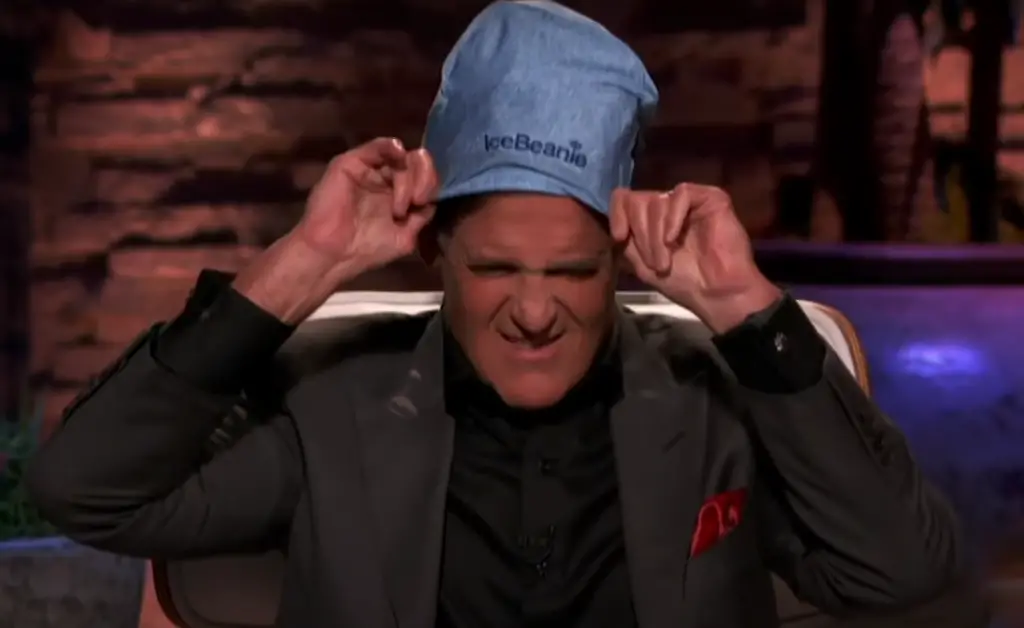
They’ve even had an actress, Geena Davis, and an influencer, Brooke Ence, purchase the beanies.
While it has not been confirmed at this time, it is believed that Nic is working with Mark on expanding the market for IceBeanie to reach more consumers, such as chemotherapy patients.
As of 2022, the product can be purchased on their company website, icebeanie.com, as well as on Amazon and Etsy. It can be purchased at $ 39.95 for one IceBeanie, $ 71.91 for two, or $ 127.84 for four beanies [5].
The Net Worth Of IceBeanie
It’s a modest valuation considering Ice Beanie has already booked total sales of $ 100,000 — already one-half of Cuban’s valuation — since they started selling in the fourth quarter of 2020.
FAQ
- How much is Ice Beanie worth?
The brand has restocked on its official website where it can be bought as a single for $ 39.95 or in multiple packs starting at $ 71.91 for two to as much as $ 127.84 for a four-pack.
It is also now available again on Etsy where it is marketed as a “Natural Migraine and Headache Relief Hat.” The brand has a modest following on Facebook and Instagram where the brand also shares holistic tips for well-being.
- What is the biggest Shark Tank failure?
There is no definitive answer to this question, as Shark Tank is a relatively new show with many different types of businesses being featured.
Some of the biggest failures on the show include companies like GrooveBook, which received $ 150,000 in funding but was later acquired by Shutterfly for just $ 14 million, and Canned Manatee, which received an investment from Lori Greiner but has yet to experience any significant growth or sales.
Ultimately, the success of a business on Shark Tank depends on many factors including the entrepreneur’s ability to execute their plan and build a strong brand following.
- Which Shark Tank deals have failed?
There have been many deals that have failed on the Shark Tank show, including those involving GrooveBook, Canned Manatee, and Zipline [6]. These businesses either failed to grow or were acquired by larger companies for much less than what they were initially offered on the show. Other deals that have failed include those with companies like Tower Paddle Boards and Pet Paint.
- Who became the richest from Shark Tank?
There is no definitive answer to this question, as the success of a business on Shark Tank often depends on many factors, including the entrepreneur’s ability to execute their plan and build a strong brand following.
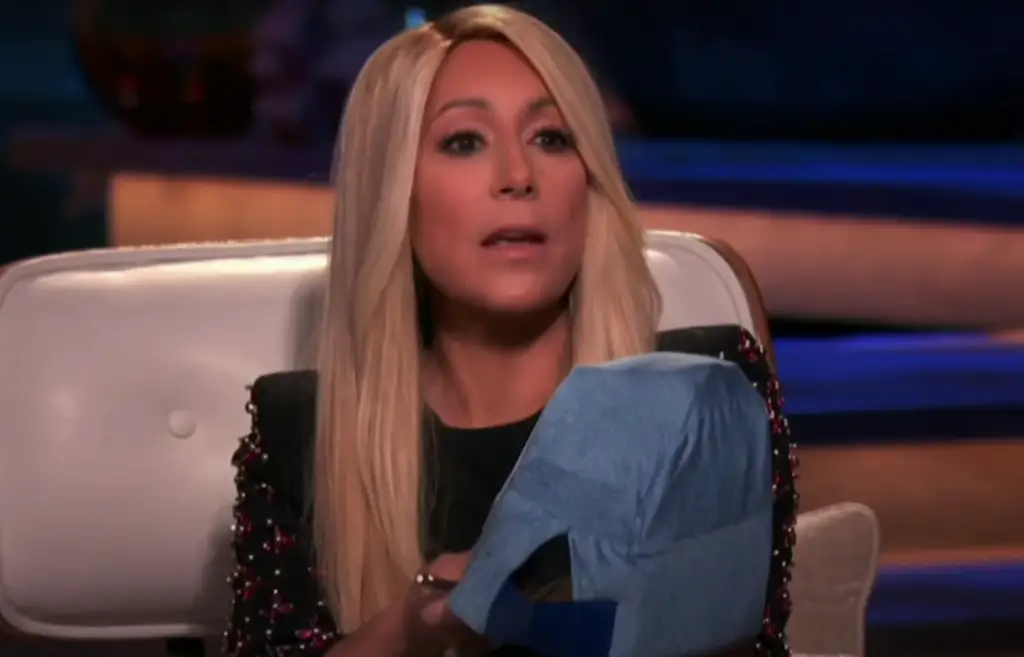
These investors have made millions from their investments in various businesses and are considered some of the most successful sharks on the show. However, there are also many other notable investors and entrepreneurs who have had success on Shark Tank, such as Mark Cuban, Robert Herjavec, Barbara Corcoran, and Chris Sacca.
- What companies did Shark Tank reject?
Some of the most common reasons for rejection include issues with the business plan or product, a lack of market need for the business, or simply not being a good fit for one of the show’s investors.
Examples of companies that Shark Tank has rejected include [7]:
- EZPodder, an app that allowed users to easily collect and organize podcasts;
- Moderna Therapeutics, a biotech company focused on developing new cancer treatments;
- Mota SmartRing, a wearable tracking device;
Despite being rejected by Shark Tank, many of these businesses were able to grow and succeed through other channels like crowdfunding or venture capital funding.
- What “shark” has made the most deals?
There is no definitive answer to this question, as the success of a business on Shark Tank often depends on many factors, including the entrepreneur’s ability to execute their plan and build a strong brand following. However, some sharks have made significantly more deals than others over the years.
Daymond John is frequently considered one of the most active sharks on the show, having invested in more than 70 businesses since appearing on Shark Tank in 2009. Kevin O’Leary has also been quite active, making more than 60 deals over his time on the show.
Lori Greiner and Robert Herjavec are also known for being involved in many different business deals, while Barbara Corcoran and Mark Cuban have each made less than 40 investments over the years.
- Do the “sharks” get paid?
There is no definitive answer to this question, as the success of a business on Shark Tank often depends on many factors, including the entrepreneur’s ability to execute their plan and build a strong brand following. However, some sharks have reported earning more than $ 20 million from their investments in various businesses over the years [8].
While none of the investors are paid directly for appearing on the show, they do receive a percentage of any profits that result from their deals. In addition, some of them have also made money by investing in other ways outside of Shark Tank, such as through angel investment or venture capital funds.
Useful Video: Turning down $100k! | Ice Beanie on Shark Tank
References:
- https://gazettereview.com/icebeanie-update-after-shark-tank
- https://sharktanktalks.com/icebeanie-shark-tank-update
- https://bizzbucket.co/ice-beanie-shark-tank-update
- https://biznewske.com/ice-beanie-shark-tank-update
- https://www.pinoymoneytalk.com/ice-beanie-shark-tank
- https://thecinemaholic.com/update-on-icebeanie-from-shark-tank
- https://sharktankrecap.com/icebeanie-update-shark-tank-season-12
- https://heavy.com/entertainment/ice-beanie-shark-tank

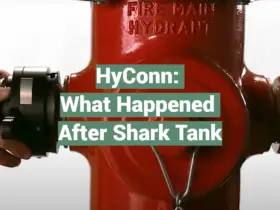
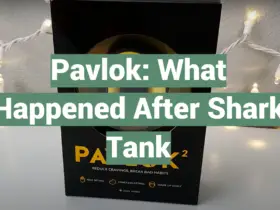
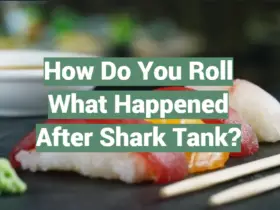
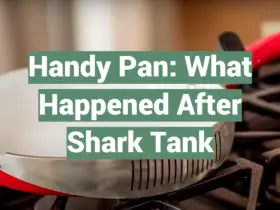
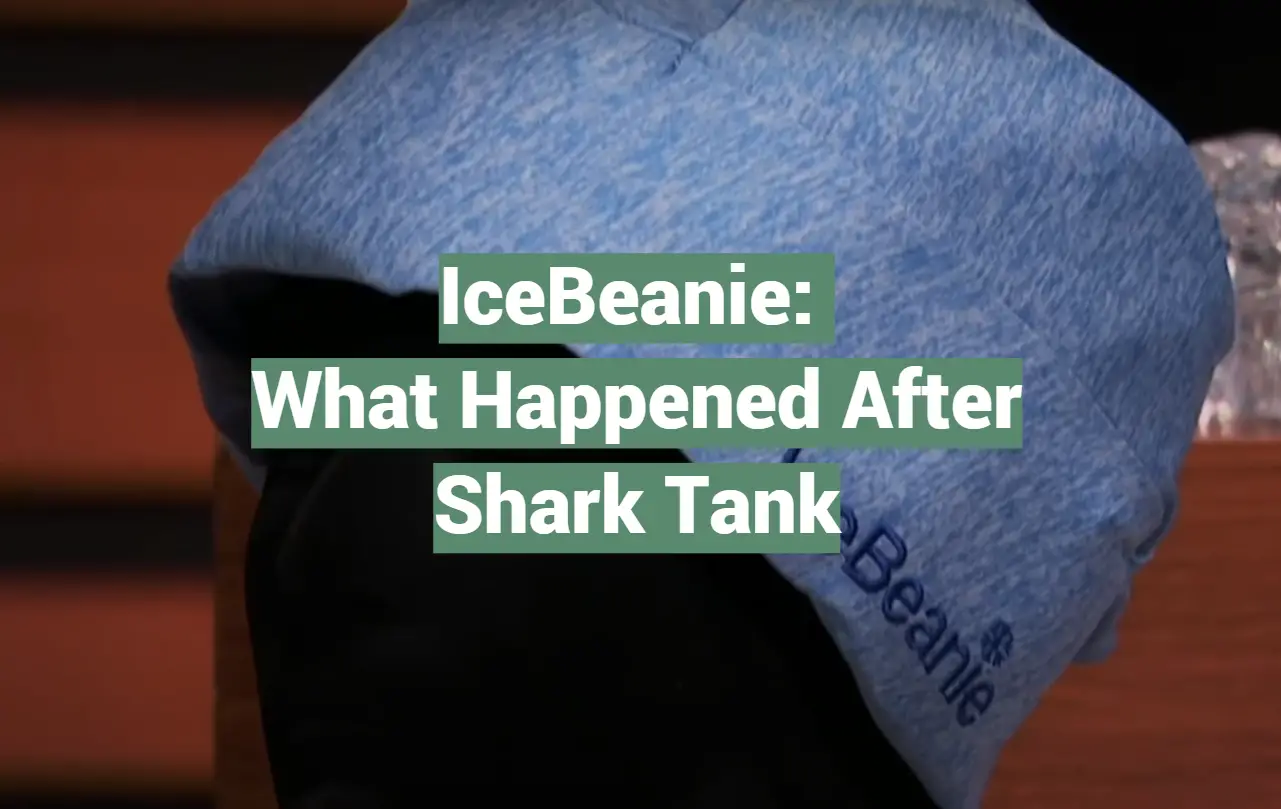
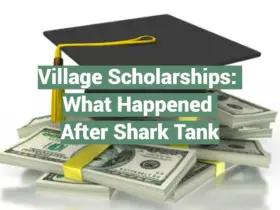

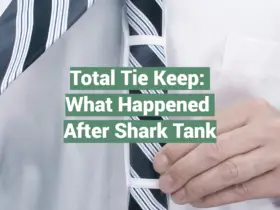
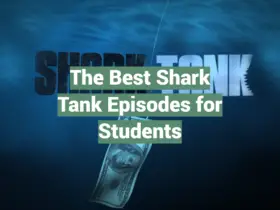
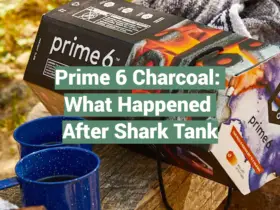
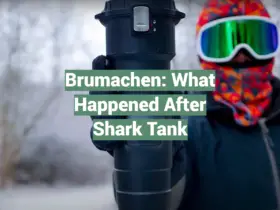
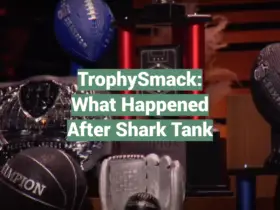
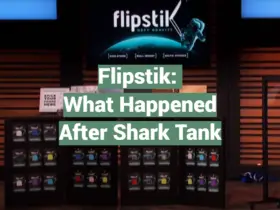
I was blown away by the IceBeanie pitch on Shark Tank! Nic Lamb’s invention is a game-changer for anyone suffering from migraines and headaches. I love the idea of a beanie with gel packs that can provide relief. Mark Cuban’s investment was a great move, and I can see this product taking off. It’s an absolute lifesaver for those tough days when you just need some cooling relief.
When I first saw IceBeanie on Shark Tank, I was skeptical about its effectiveness, but Nic’s pitch changed my mind. I decided to try it out, and I can confidently say it’s a game-changer. I suffer from frequent migraines, and the IceBeanie has become my go-to solution for relief. It’s worth every penny, and I’m so glad I discovered it through the show.
IceBeanie is a fantastic product, and Nic Lamb’s presentation on Shark Tank was top-notch. I was intrigued by the concept of a beanie with cooling gel packs, and it’s a real relief for migraine and headache sufferers. Mark Cuban’s investment was well-deserved, and I’m happy to see the product thriving post-show. It’s one of those investments that genuinely improves people’s lives.
As a regular viewer of Shark Tank, the IceBeanie pitch caught my attention immediately. Nic Lamb’s invention is ingenious, and the potential for helping people with headaches and migraines is huge. I appreciate Mark Cuban’s deal with Nic, and it’s clear that the IceBeanie is a success. I haven’t tried it myself yet, but I’m considering giving it a shot after hearing about its positive impact.
I vividly remember watching the IceBeanie pitch on Shark Tank, and I was impressed by Nic Lamb’s passion and dedication to his product. The concept of a beanie with gel packs for headache relief is innovative and practical. It’s no surprise that Mark Cuban saw its potential and invested. I’m thrilled that the product is still thriving in 2023, and I’m seriously considering purchasing one.
IceBeanie’s appearance on Shark Tank was unforgettable. Nic Lamb’s pitch was compelling, and the product itself is a true game-changer. I have suffered from migraines for years, and the IceBeanie has become a crucial part of my migraine toolkit. I’m so thankful for Nic’s invention and Mark Cuban’s support. It’s a must-have for anyone dealing with frequent headaches.
The IceBeanie pitch on Shark Tank left a lasting impression on me. Nic Lamb’s innovation is a breath of fresh air for headache and migraine sufferers. The combination of a beanie and cooling gel packs is brilliant. It’s great to hear that the company is still thriving in 2023, and I’m considering buying one for myself. Kudos to Nic and his team for making such a valuable product.
I was genuinely excited to see IceBeanie on Shark Tank, and Nic Lamb’s pitch was compelling. The idea of a beanie with gel packs for headache relief is fantastic. Mark Cuban’s investment was well-deserved, and I believe in the product’s potential. It’s amazing to hear that the company is still going strong in 2024. I can’t wait to try the IceBeanie for myself.
IceBeanie’s appearance on Shark Tank was a standout moment. Nic Lamb’s pitch was convincing, and the product’s potential for relieving headaches and migraines is evident. The fact that Mark Cuban made a deal speaks volumes about the product’s promise. I’m curious to try it out, and with all the positive reviews, I’m convinced it’s worth the investment.
The IceBeanie pitch on Shark Tank was a breath of fresh air. Nic Lamb’s invention is a true game-changer for headache and migraine sufferers. The beanie with gel packs is a simple yet effective solution. Mark Cuban’s investment was a smart move, and I’m delighted to see the product’s continued success. It’s definitely on my shopping list.
I can’t forget the IceBeanie pitch on Shark Tank. Nic Lamb’s idea is ingenious, and the product’s potential to provide relief for headaches and migraines is remarkable. Mark Cuban’s investment was well-placed, and it’s no surprise that IceBeanie is still thriving in 2023. I’m seriously considering getting one for myself, given all the positive feedback from customers.
When I saw the IceBeanie pitch on Shark Tank, I was captivated by the concept of a beanie with cooling gel packs. Nic Lamb’s presentation was excellent, and the product’s potential to alleviate headaches and migraines is clear. Mark Cuban’s investment was a testament to the product’s promise. I’m excited to try it for myself and experience the relief it offers.